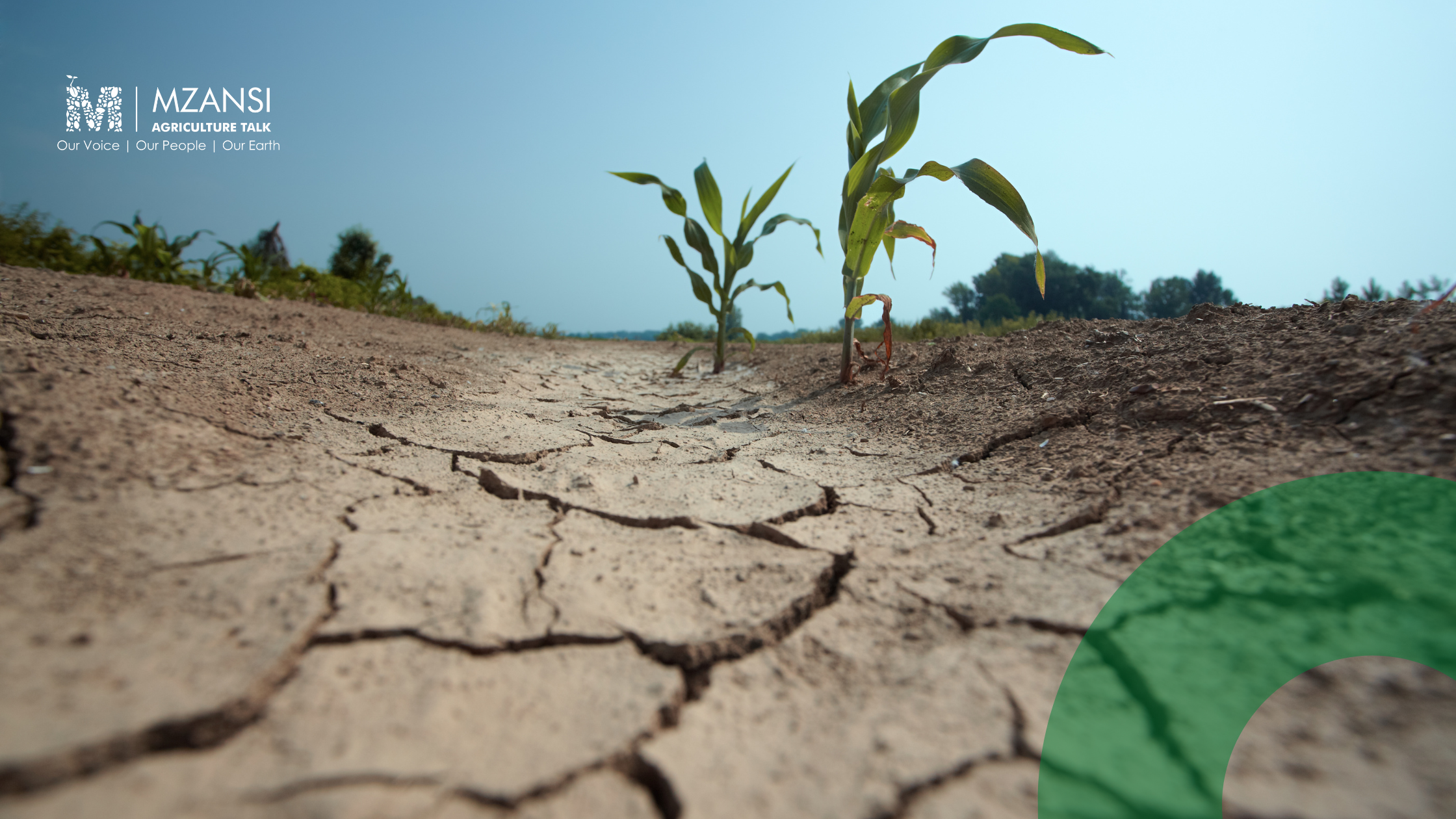Through its interactions with its provincial leaders, AFASA has learned that 2023/24 grain crops are endangered due to the ongoing drought. Consequently, farmers are already experiencing losses. The unfortunate part about these losses is that they have a domino effect on other industries such as livestock, as maize is used in feed for livestock.
In the same light, this drought is likely to have a severe impact on the capacity of grazing fields, thus, leading to livestock farmers being forced to buy most of their feed at higher prices in order to keep their herd alive. Some might even face the nightmare of having to cull their livestock. The drought also has some serious food security implications as maize is a stable food to South Africa and serves as a major inputs in other processed food. This is likely to result in food inflation as most developing farmers have non-existent financial reserves to tap into to save the situation.
AFASA has since written to the Minister of Agriculture, Land and Rural Development (DALRRD) to request for immediate support to farmers that have already experienced losses, especially developing farmers as they cannot afford to pay for insurance.
“We are worried that the sector does not have adequate instruments to proactively respond to disasters in South Africa and therefore we are forever a season away from facing food security challenges,” alluded the Chairperson of AFASA Grain Chamber, Dr Sandile Ndlungwane.
In the same light, the Chairperson of AFASA Red-Meat Chamber, Mr Abel Naphtally, highlighted the lack of necessary measures to counter disaster risk for livestock farmers.
“If you compare South Africa to other agricultural countries, such as the United States of America or Australia, you will realise that we are far behind in terms of putting mitigation instruments against production risks such as hail, storms, fire, drought, and many others,” said Naphtally.
Accordingly, the President of AFASA calls for DALRRD to work on measures to ameliorate farmers, particularly developing farmers, against disaster risks in South Africa.
“The construction sector has Compensation for Occupational Injuries and Diseases Act (COIDA) to cover for injury on duty, the transport sector has Road Accident Fund (RAF), the labour sector has Unemployment Insurance Fund (UIF), yet, farmers have no form of protection against production related risks,” argued Mthembu.
AFASA has requested a meeting with the Minister of Agriculture, Ms Thoko Didiza, to discuss the drought crisis with the hope to come up with immediate and long-term solutions.




















